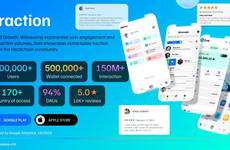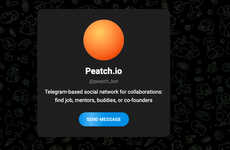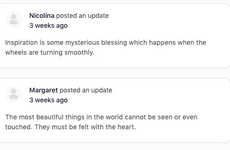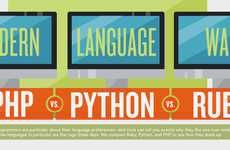
Research-oriented Social Environment Seeks to Link Academics
Rebecca Byers — January 16, 2012 — Social Media
References: rose.english.ucsb.edu & futurity.org
RoSE, or Research-oriented Social Environment, is a new social network aimed at tracking the academic world in a timeless manner that would organize ever-expanding profiles of authors such as Shakespeare, Wordsworth and Robert Frost, as well as current academics and their work.
The focus of the social network is to allow researchers the opportunity to learn more about an idea or author through their influences and relationships with other authors and ideas on a social-document graph. The graph would include research by current academics, and is based on the notion that even Shakespeare’s profile would still be changing due to continuous research. An author of such new research would then also be linked to Shakepeare’s profile.
Research-oriented Social Environment is a project of the University of California.
The focus of the social network is to allow researchers the opportunity to learn more about an idea or author through their influences and relationships with other authors and ideas on a social-document graph. The graph would include research by current academics, and is based on the notion that even Shakespeare’s profile would still be changing due to continuous research. An author of such new research would then also be linked to Shakepeare’s profile.
Research-oriented Social Environment is a project of the University of California.
Trend Themes
1. Research-oriented Social Networks - Opportunity to create social networks tailored specifically for researchers and academics, enhancing collaboration and knowledge sharing.
2. Timeless Academic Profiles - Opportunity to develop innovative platforms that organize and update academic profiles in a dynamic and comprehensive manner.
3. Social-document Graphs - Opportunity to build social graphs that connect authors and their research, providing a deeper understanding of influences and relationships within academia.
Industry Implications
1. Academic Publishing - Disruptive innovation opportunity to transform the traditional publishing industry by integrating social networking features for academic researchers and authors.
2. Educational Technology - Opportunity to develop educational platforms that leverage social networks to connect students, professors, and researchers, facilitating collaborative learning and knowledge exchange.
3. Research Institutions - Innovation opportunity for research institutions to create their own research-oriented social networks, fostering interdisciplinary collaboration and enhancing the dissemination of knowledge.
1.5
Score
Popularity
Activity
Freshness























